CEOBS was launched in 2018 with the primary goal of increasing awareness and understanding of the environmental and derived humanitarian consequences of conflicts and military activities. In this, we seek to challenge the idea of the environment as a ‘silent victim of armed conflict’. Download our ‘About us‘ summary.
We are driven by the principle that access to reliable environmental information is vital in relation to armed conflicts. Indeed openness and transparency are critical when the environment becomes politicised.
CEOBS builds on six years of research and policy work by its predecessor the Toxic Remnants of War Project. The Project sought to identify new opportunities for collecting data on environmental harm and the human suffering it causes, and the means through which data could be used to inform greater protection for the environment, and for those who depend on it, before during and after armed conflicts. CEOBS’ work extends beyond the environmental consequences of war to also consider the role of environmental factors in triggering or driving insecurity.
We intend for this website, which aggregates information on multiple conflicts and topics, to be a resource for policy-makers, researchers, activists and journalists interested in the environmental dimensions of armed conflicts.
We work with international organisations, civil society, academia and communities to:
-
Monitor and publicise data on the environmental dimensions of armed conflicts;
-
Develop tools to improve data collection and sharing;
-
Monitor and scrutinise developments in law and policy that could contribute towards the reduction of humanitarian and environmental harm.
CEOBS’ overarching aim is to ensure that the environmental consequences of armed conflicts and military activities are properly documented and addressed, and that those affected are assisted.
Partnerships
CEOBS works in partnership with a range of organisations that share our aims, recent and current research partners include:
Harvard Law School, King’s College London, Norwegian People’s Aid, the University of Edinburgh, the University of Leeds and Scientists for Global Responsibility.
Interested in collaboration, contact us to discuss potential opportunities.
Donors
We are grateful to the following current and past donors for supporting our work:
The OSCE, UNEP, Norwegian Ministry of Foreign Affairs, the Joseph Rowntree Charitable Trust, the Minor Foundation for Major Challenges, the Finnish Ministry for Foreign Affairs, the Knowledge Management Fund, the British Ecological Society and LUSH.
Our status and networks
CEOBS is registered with the Charity Commission of England and Wales – number 1174115. We have been in Consultative Status with UN ECOSOC since 2023, and accredited to the UN Environment Assembly (UNEA) of the UN Environment Programme since 2018. CEOBS has observer status at the UNFCCC (2023) the IPCC (2024) and the CBD (2024).
We are a founding member of the Environmental Peacebuilding Association, a Participating Organisation of the Group on Earth Observations, and members of the European Citizen Science Association, International Campaign to Abolish Nuclear Weapons, the International Network on Explosive Weapons, International Union for the Conservation of Nature and Yorkshire Space Hub.
Our privacy policy is available here.
Staff

Doug Weir, Director
Doug has undertaken research and advocacy on the environmental legacy of armed conflicts and military activities since 2005. He has contributed to a wide range of domestic, regional and international initiatives on conflict and the environment, with a particular focus on the work of the UN Environment Assembly and on the progressive development of the legal framework protecting the environment in relation to armed conflicts. He holds degrees in Geology and Print Journalism from Manchester and Sheffield universities, and is a Visiting Research Fellow in the Department of Geography at King’s College London.
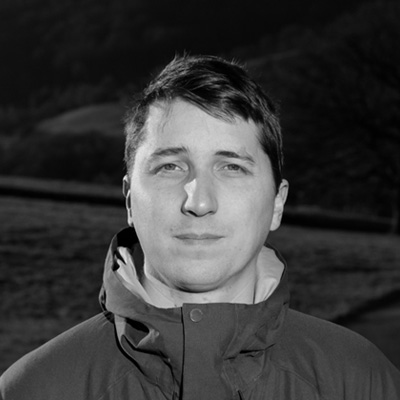
Dr Eoghan Darbyshire, Senior Researcher
Eoghan has an academic background in air pollution research, conducting in-situ and remote sensing measurements in order to characterise rapidly changing environments – in Delhi, the Arctic, the Arabian Peninsula and the Amazon rainforest. He holds a PhD in atmospheric physics from the University of Manchester, where he also completed an undergraduate degree in Environmental Science and worked as a post-doctoral researcher. He also holds an MRes degree in Physics of the Earth and Atmosphere, awarded by the University of Leeds.
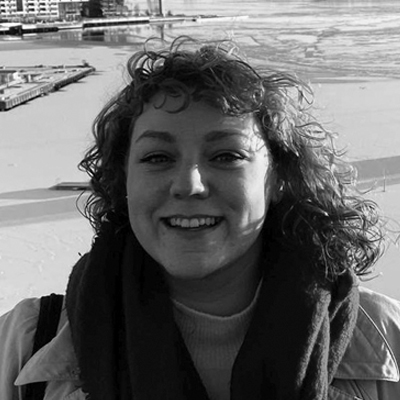
Ellie Kinney, Climate Advocacy Co-ordinator
Ellie has a background in fundraising and communications within the charity sector, with causes ranging from homelessness to humanitarian healthcare, before joining CEOBS in 2022 as a Campaigner. She has a background in grassroots nuclear disarmament campaigning, including previously sitting on the steering committee for Youth for TPNW, a global youth movement pursuing the implementation of the UN Treaty on the Prohibition of Nuclear Weapons. She holds a BSc in Psychology from Goldsmiths University of London and is currently a trustee of The Peace Museum.
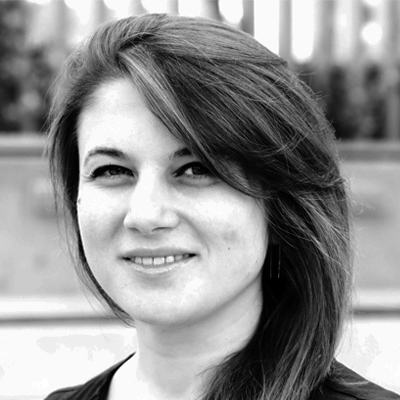
Dr Anna McKean, Researcher
Anna has an academic background in environmental governance and sustainable development. She holds a Ph.D. in Environmental Sciences and Policy from Central European University (Hungary), an MSc in Sustainable Development from Uppsala University (Sweden), an MBA from the National Technical University “Igor Sikorsky Kyiv Polytechnic Institute”, and a BSc in Ecology from the National University of “Kyiv-Mohyla Academy” (Ukraine). Her current work includes monitoring and assessing the environmental impacts of conflict, with a particular focus on Ukraine, to support evidence-based responses that mitigate environmental harm and promote ecological recovery.
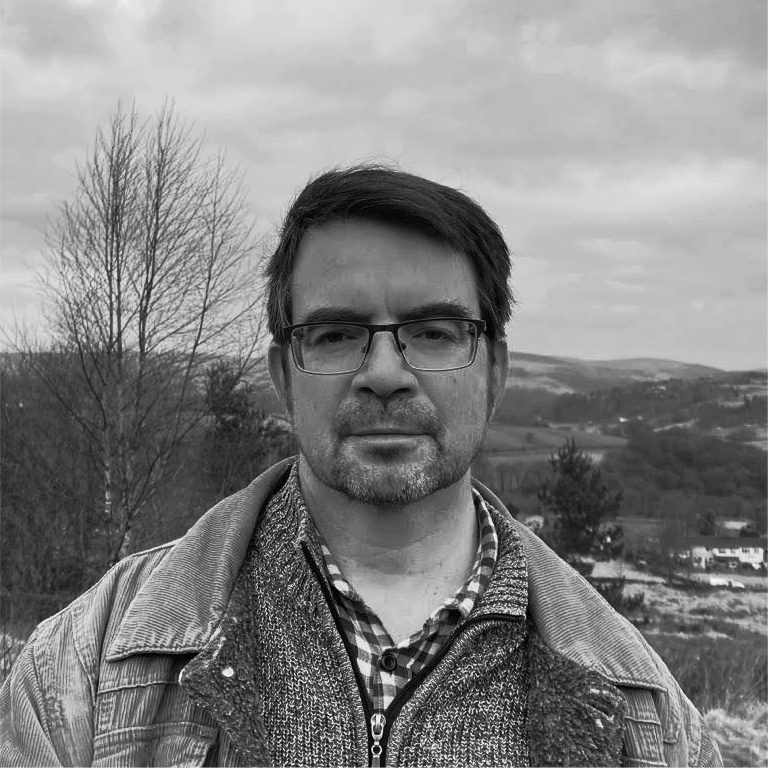
Simon Watkins, Operations Co-ordinator
Simon is a Chartered Landscape Architect and permaculture practitioner with particular expertise in humanitarian landscape planning, participatory design, regenerative ecosystems and sustainable water management. He holds a Masters in Food Security Management from Coventry University, focusing on agroecological systems and the use of regenerative principles in planning for refugee camps. He is a member of the Humanitarian Landscape Collective network and of Re-Alliance.
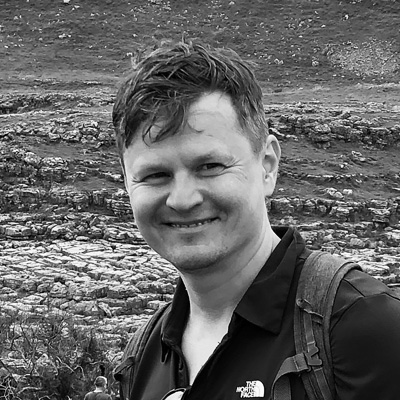
Dr Linas Svolkinas, Researcher
Linas has an academic background in seal conservation and conservation social science. His research used a range of methods to analyse anthropogenic threats to biological diversity and to develop effective policy interventions and strategies aiming at tackling them, with a regional focus on Eastern Europe. He holds a PhD in sustainability from the University of Leeds, and a postgraduate and undergraduate degrees in anthropology from the universities of Copenhagen and Vilnius.
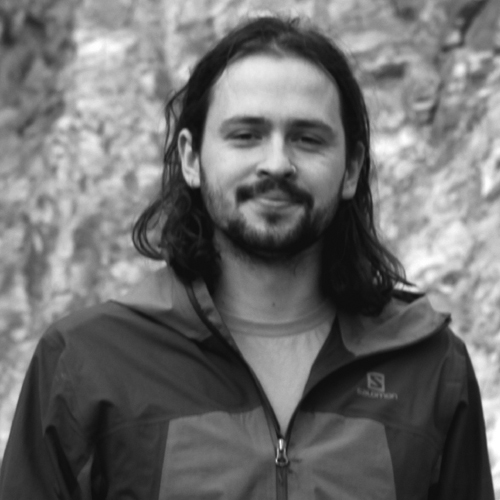
Leon Moreland, Researcher
Leon is an environmental scientist with a strong interest in utilising open-source research methods and investigative techniques. He holds a BSc in Geology (Hons) from the University of Hull, and completed his MSc in Pollution and Environmental Control at the University of Manchester. Before joining CEOBS, Leon worked as a researcher, conducting a meta-analysis of research related to marine biological traits. Additionally, he has also managed onsite ground investigations as a geotechnical engineer. Since 2020, he has been an active Fellow of the British Geological Society.
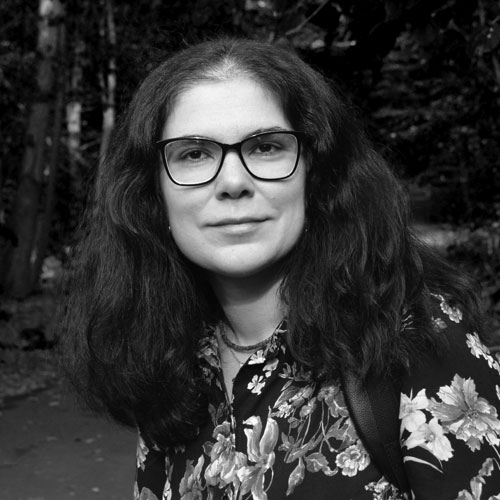
Iryna Babanina, Researcher
Iryna holds a MSc in Ecology and Environmental Sciences from the National Aviation University, Ukraine. She has a civil society background with a focus on environmental democracy, national environmental legislation and public engagement. Her research interests include the remediation and rehabilitation of populated areas, impacts of the war in Ukraine on water infrastructure and water ecosystems and the intertwined humanitarian and environmental consequences of the hostilities.
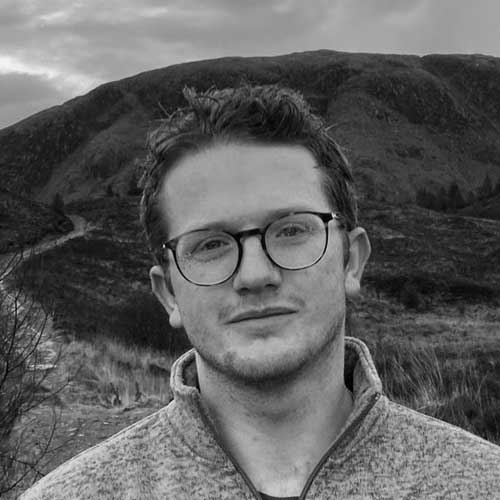
Jonathan Walsh, Researcher
Jonathan is a remote sensing specialist with a background in post-conflict environments and mine action. He is passionate about open-source spatial and remotely sensed data, and making that data more accessible and usable for environmental monitoring and assessment in conflict and post-conflict contexts. He holds post-graduate degrees in International Relations from Leiden University and Earth Observation from the University of Edinburgh.
Trustees

Dave Cullen, Chair of Trustees
David Cullen is Director of the Nuclear Information Service, an independent, not-for-profit research organization based in Reading, where he is responsible for monitoring developments in the UK weapons programme. His research focuses on the programmatic, financial and technical details of the programme, highlighting the UK’s struggle to fund and deliver its nuclear weapon upgrades. He has a background in environmental, social justice and disarmament campaigning and is currently co-chair of the UK Office for Nuclear Regulation’s NGO Forum.

Micol Martini
Micol Martini is a Senior Expert on Environmental Governance and Conflict with WWF International, where she works to strengthen understanding of corruption, conflict, and political economy dynamics across the conservation space. Before joining WWF, Micol served for over a decade in various advisory roles with the UK Foreign, Commonwealth & Development Office and Department for International Development working on conflict and governance at the policy and country level. Previously, Micol worked with UNDP, seconded to the Government of South Sudan on planning for the country’s independence, and in Sudan supporting community level conflict recovery efforts. Prior to this Micol held positions with Publish What You Pay International, the Harvard Humanitarian Initiative, Human Rights Watch, and Open Society Foundation on grant-making, advocacy, and research related to governance, rights, and fragility.

Oli Brown
Oli Brown has been working at the nexus of security, natural resources and climate change for the past 20 years, with a particular interest in peacebuilding, conflict mediation, natural resource management, environmental politics and trade policy. He is a Visiting Professor at Sciences Po’s Paris School of International Affairs, an Associate Fellow with the Geneva Centre for Security Policy, and also Chatham House (the Royal Institute of International Affairs). He is a member of the Climate Security Expert Network run by the German think-tank adelphi. Oli has extensive experience working for the United Nations. Between 2014 and 2018 he was based in Kenya where he coordinated the work of the UN Environment Programme (UNEP) to minimize the risks and impacts of disasters, industrial accidents and armed conflicts. From 2010 to 2012 Oli managed a UNDP country programme in Sierra Leone. Prior to this, Oli was a senior researcher with the International Institute for Sustainable Development.

Pete Gascoigne
Pete has had a long career in UK local government and social enterprise, latterly focusing on governance and management for a large charitable trust operating in the field of arts, culture, sport and environmental management. Since taking early retirement he has consulted widely in the above fields, advising both local government and social enterprises. He has previously served as voluntary Trustee / Director of two locally focused arts organisations. Pete holds a degree in Social and Political Science from the University of Cambridge.

Rachel Soper
Rachel has 10 years of experience working in the charity sector, currently working as Senior Project Manager for Engagement at Students Organising for Sustainability (SOS-UK), an education charity focused on sustainability. Rachel leads on the UNESCO award-winning staff sustainability engagement programme, Green Impact, and has previously worked on the Horizon 2020 funded programme, SAVES 2, collaborating with universities across Europe on the issues of energy use, fuel poverty and sustainability. Rachel holds a degree in Environmental Economics and Environmental Management from the University of York and is a professional member of the Institute of Environmental Management and Assessment.

Sarah Njeri
“Sarah is a lecturer in Humanitarianism and Development at the Global Development Studies Department, SOAS, University of London. She is a peace and conflict scholar with degrees in conflict resolution and peace studies from the University of Bradford’s Peace Studies Department.
Her research is inherently interdisciplinary and combines different methodological approaches that foregrounds empirical investigations and local knowledge. Her research sits at the intersection between academia, policy and practice. She applies a critical lens to research and in doing so challenges prevailing approaches to implementation modalities of humanitarian, development and post conflict peacebuilding programs especially within the subsector of Mine Action.
She is the co-editor of Global Activism and Humanitarian Disarmament published by Palgrave, Macmillan; a book that analyses the politics of the humanitarian disarmament community – who have successfully achieved international treaties banning landmines, cluster munitions and nuclear weapons, as well as restricting the global arms trade. She has also published widely: see link for a full list of her publications. Sarah also sits on the Board of the Environmental Peacebuilding Association as the Africa Regional Director.”

Serene Murad
Serene is passionate about the intersection of Climate, Conflict, and AI and currently serves as the Regional Climate Deputy for the Americas and the Global Digital and Data Deputy at Dalberg Advisors. She works with clients who are tackling the world’s most pressing challenges, leading teams of consultants to deliver high-quality and impactful solutions for nonprofits, foundations, governments, and corporations across various domains, such as climate, AI, education, health, and gender. Serene holds an MA in psychology, focused on the intersection of trauma, culture, and community and has published multiple articles on the social participation and integration of refugees in the US. She previously served as the Global Chief of Staff at Dalberg, where she supported the senior leadership team in strategic planning, operations, and communications. Originally from Palestine, she is fluent in Arabic and English.
